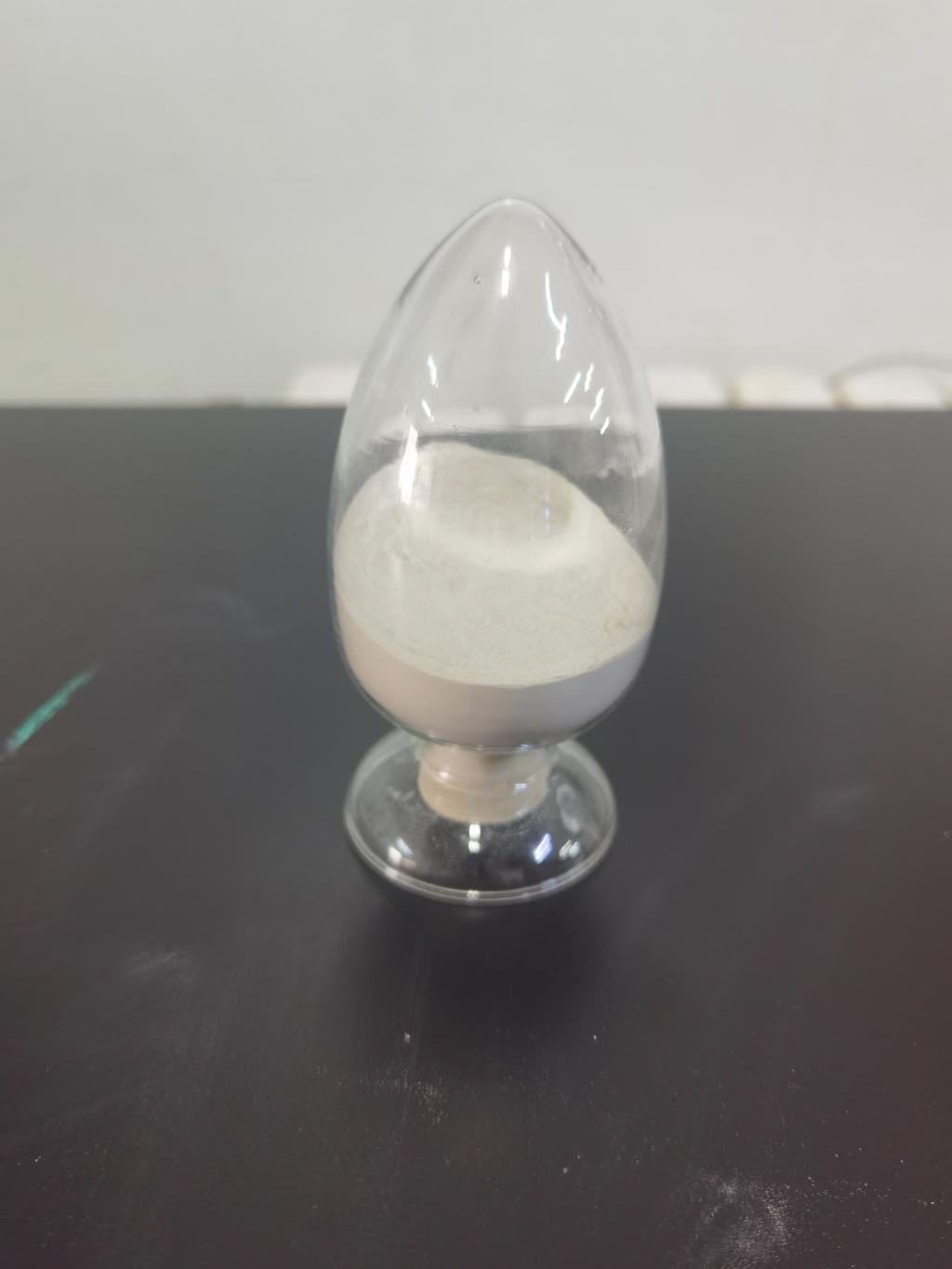Tel:+8618231198596

News
 CONTACT
CONTACT
 CONTACT
CONTACT
- Linkman:Linda Yao
- Tel: +8618231198596
- Email:linda.yao@dcpharma.cn
- Linkman:CHARLES.WANG
- Department:Overseas
- Tel: 0086 0311-85537378 0086 0311-85539701
News
Current Position:
Home >
News
>Nisin's Potential in Extending the Storage Life of Fruits and Vegetables.
Nisin's Potential in Extending the Storage Life of Fruits and Vegetables.
TIME:2023-09-20
Understanding Nisin
What is Nisin?
Nisin is a natural antimicrobial peptide produced by certain strains of lactic acid bacteria, primarily Lactococcus lactis. It was first discovered in the early 20th century as a solution to food spoilage. Nisin has since been recognized for its exceptional ability to inhibit the growth of a broad spectrum of harmful bacteria, including those responsible for foodborne illnesses and spoilage.
Mechanism of Action
The antimicrobial action of nisin is attributed to its ability to disrupt the cell membranes of target bacteria. It specifically binds to lipid II, a critical precursor molecule in the synthesis of bacterial cell walls. This binding leads to membrane damage and ultimately cell death, making nisin an effective tool against various foodborne pathogens.
Regulatory Status
Nisin is generally recognized as safe (GRAS) by regulatory agencies, including the U.S. Food and Drug Administration (FDA) and the European Food Safety Authority (EFSA). Its long history of safe use in the food industry has led to its approval for use in numerous countries around the world.
Nisin's Role in Extending the Storage Life of Fruits and Vegetables
Prolonging Freshness
Fresh fruits and vegetables are highly perishable due to their moisture content and susceptibility to microbial growth. Nisin offers an effective solution to prolong the freshness of these products. By inhibiting the growth of spoilage microorganisms, nisin helps maintain the visual appeal and nutritional quality of fruits and vegetables over an extended period.
Reducing Food Waste
One of the major benefits of using nisin in fruit and vegetable preservation is its potential to reduce food waste. Globally, a significant portion of fresh produce is discarded due to spoilage before it reaches consumers. Nisin's ability to extend the storage life of these perishable items can help minimize waste, contributing to a more sustainable food supply chain.
Preserving Nutritional Value
The nutritional value of fruits and vegetables can deteriorate over time due to factors such as enzymatic reactions and microbial activity. Nisin's antimicrobial properties not only help prevent spoilage but also preserve the essential nutrients in these foods. This is especially important as consumers increasingly seek fresh and minimally processed options with maximum nutritional benefits.
Case Studies: Successful Implementation of Nisin in Fruit and Vegetable Preservation
Citrus Fruits
Citrus fruits, such as oranges, lemons, and grapefruits, are highly susceptible to fungal and bacterial decay during storage and transportation. To address this issue, several citrus producers have adopted nisin as part of their preservation strategies.
By applying nisin-based coatings or treatments, citrus fruit producers have observed a significant reduction in spoilage rates. This not only extends the shelf life of the fruits but also reduces the need for synthetic chemical fungicides, aligning with consumer demands for cleaner and safer produce.
Leafy Greens
Leafy greens, including lettuce, spinach, and kale, are prone to bacterial contamination, which can lead to foodborne illnesses. Nisin's effectiveness against pathogenic bacteria makes it a valuable asset in preserving the safety of these vegetables.
A leading lettuce producer conducted a study incorporating nisin into the washing process of their leafy greens. The results showed a substantial reduction in bacterial contamination, leading to improved product safety and an extension of shelf life by up to 30%.
Tomatoes
Tomatoes are a versatile ingredient used in a wide range of culinary applications. However, their susceptibility to microbial spoilage can be a challenge for both producers and consumers. Nisin has been integrated into tomato processing and packaging to address this issue.
Tomato sauce manufacturers have adopted nisin as a natural preservative. This has allowed them to reduce the need for synthetic preservatives while ensuring the safety and quality of their products. The incorporation of nisin has also led to a decrease in product recalls due to spoilage, resulting in significant cost savings.
Future Applications and Innovations
Organic and Sustainable Agriculture
With the increasing demand for organic and sustainably produced fruits and vegetables, nisin holds promise as a natural and environmentally friendly preservative. Organic producers, in particular, can benefit from nisin's ability to extend shelf life without relying on synthetic chemicals, aligning with the principles of organic farming.
Global Food Distribution
As global food distribution networks continue to expand, preserving the quality and safety of fruits and vegetables during transit becomes paramount. Nisin can play a vital role in maintaining product integrity and reducing losses during long-distance transportation, benefiting both producers and consumers worldwide.
Consumer-Friendly Packaging
Innovations in packaging materials and technologies are also contributing to the use of nisin in fruit and vegetable preservation. Edible films and coatings containing nisin can be applied directly to produce, offering an additional layer of protection against spoilage microorganisms while minimizing environmental waste associated with traditional packaging materials.
Conclusion
Nisin's potential in extending the storage life of fruits and vegetables represents a significant step forward in addressing the challenges of food preservation, food waste, and consumer demand for fresh and nutritious produce. Its natural origin, antimicrobial efficacy, and regulatory approval make it a compelling choice for the food industry.
By incorporating nisin into preservation strategies, fruit and vegetable producers can reduce spoilage, minimize food waste, and deliver safer, more nutritious products to consumers. As technology and innovation continue to advance, the role of nisin in agriculture and food distribution is likely to expand, contributing to a more sustainable and efficient global food supply chain.
- Tel:+8618231198596
- Whatsapp:18231198596
- Chat With Skype







